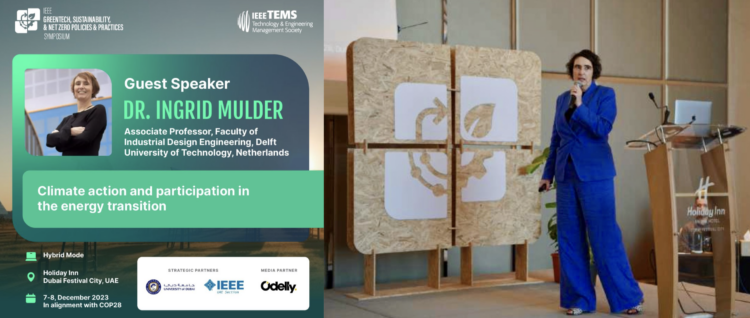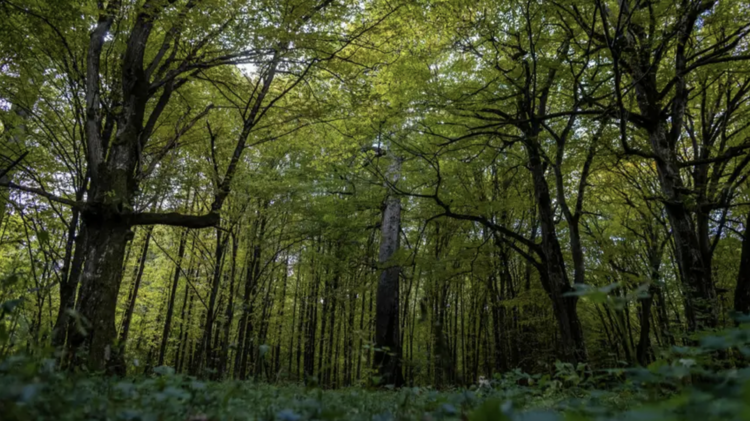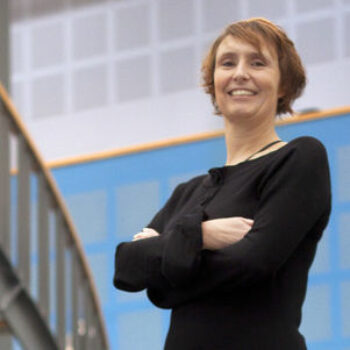PCM Lab at the COP28!
Exciting News! Our PCM Lab Director Ingrid Mulder got back from COP28 in Dubai just a few weeks ago, where she was invited to take part in the IEEE GreenTech, Sustainability, Net Zero Policies & Practices Symposium. In her keynote, she elaborated upon the transformative role of design in climate action and participation in the energy transition.
Today’s climate emergency must be referred to as a worldwide, collective design challenge that needs action on a local scale. In essence, the focal point of the talk revolves around the pivotal role of design in expediting shifts towards fairer and more regenerative futures.

Ingrid at the IEEE GreenTech, Sustainability, Net Zero Policies & Practices Symposium, Dubai
The IEEE GreenTech, Sustainability, and Net Zero Policies & Practices Symposium (IEEE GTSNZ) 2023 is designated for reporting recent advancements, practices, challenges, and opportunities in the areas of green technology, sustainability, and net zero emissions. Collaborative efforts and knowledge sharing are fostered between government, industry, academia, and the community. The newest research, innovations, and the use of sustainable solutions to support the Net Zero vision were discussed, as also articulated at the Conference of the Parties (COP). Ingrid was invited to share her research on and experiences with building design capacity in the public realm.
Toward Net Positive Policies and Practices
Sharing lessons learnt from earlier experimentation in and across local labs, such as Designscapes and Participatory City Making, illustrates how the multi-level experimentation not only builds knowledge and climate-related capacity but also inspires policy-making processes to take further action.
The forthcoming challenges may seem distant, but they are imminent and require immediate action on multiple policy and practical levels. There are no ‘future challenges’, and they certainly are not confined by national borders. While the ongoing development of advanced green technology solutions is commendable, it may not suffice. Presently, there are global action agendas in place, exemplified by the implementation of Sustainable Development Goals (SDGs). Examining SDG 13, focused on Climate Action, emphasizes the urgent need for decisive measures against climate change and its repercussions. As such, the notion of scaling solutions is often proposed as ‘the remedy’. While they are proposed with good intentions, and may be effective for technological challenges, they may fall short for large missions such as climate change.
We lack climate-related capacity
Current climate solutions often don’t root locally. At the PCM Lab, our primary focus revolves around investigating how design can serve as a catalyst in strategically scaling systemic solutions. Additionally, we aim to emphasize the significance of local experimentation in this context.
Still too often, innovation efforts fail to listen to people with lived experience or do not build climate-related capacity and collective agency for climate action.
– Ingrid Mulder

Not all trees root locally… Due to a tunnel vision on CO2, the so-called Dutch ‘forest strategy’ focuses on massively planting the wrong trees on large scale, leading to the rapid loss of unique biodiversity. (NU.nl, 2022) (Image by Rolf Schuttenhelm)
If only we could try to better implement transformative codesign principles, bottom up, we can establish climate-related capacity for a just future.
We are grateful to have been part of this discussion. A motivation to keep learning about the role of design and designers in the fight against climate change!
Sources:
NU.nl. (2022). We planten massaal verkeerde bomen en dat bedreigt de Nederlandse natuur. NU.nl. https://www.nu.nl/klimaat/6183470/we-planten-massaal-verkeerde-bomen-en-dat-bedreigt-de-nederlandse-natuur.html


